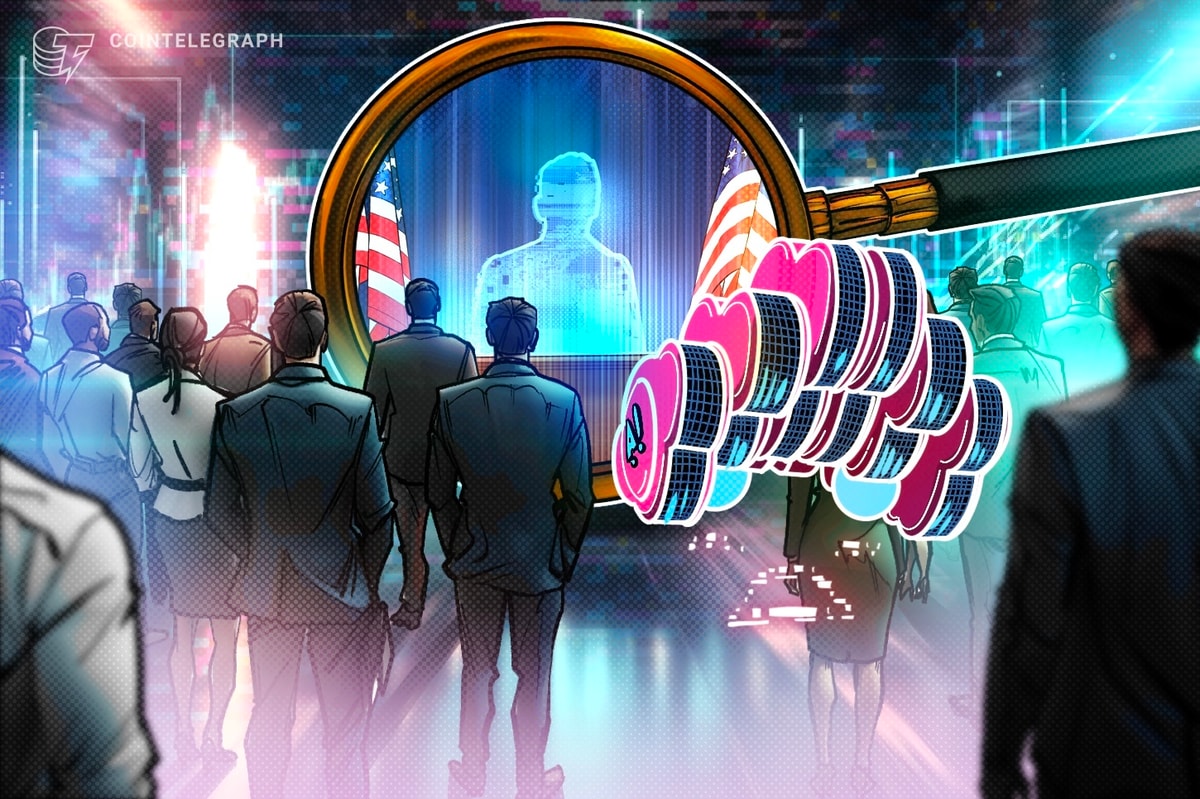US Senator Josh Hawley, a Republican from Missouri, introduced legislation to prohibit the import and export of artificial intelligence technology to and from China, citing national security concerns.
The bill, titled the Decoupling America’s Artificial Intelligence Capabilities from China Act, does not directly mention the Chinese AI company DeepSeek but aims to protect US intellectual property and prevent foreign competitors from accessing technology that could pose a security threat.
If the bill becomes law, it would prohibit Americans and companies in the US from downloading DeepSeek, an AI-powered chatbot that functions similarly to OpenAI’s ChatGPT.
Excerpt of the bill introduced by Senator Josh Hawley. Source: senate.gov
Hefty fines for individuals and companies
Under the proposed bill, violations would carry severe penalties. Individuals could face fines of up to $1 million, while companies could be fined up to $100 million.
Source: Josh Hawley
In addition, violators would be forced to forfeit any “license, contract, subcontract, grant or public benefit awarded by any Federal agency.” The bill also carries a punishment of up to 20 years in jail for violators.
In a news release, Hawley said that every dollar and gig of data that goes into Chinese AI will be used against the US. He added:
“America cannot afford to empower our greatest adversary at the expense of our own strength. Ensuring American economic superiority means cutting China off from American ingenuity and halting the subsidization of CCP innovation.”
If the bill becomes law, Americans would not be allowed to import or export AI tech to and from China. It would also prohibit US companies from conducting AI research in China or collaborating with Chinese companies on AI. Furthermore, it would prohibit US companies from investing in AI development in China.
The rise of DeepSeek AI has ignited global data privacy concerns, with Italy banning the AI chatbot after deeming its data protection measures “insufficient.” Other regulators have followed Italy’s footsteps, demanding DeepSeek developers submit its data practices.
Related: Trump may tighten restrictions on Nvidia sales to China — Report
New AI bill would “kill” open source
While the bill says it wants to protect US interests, not everyone agrees with the approach. Ben Brooks, a fellow at Harvard’s AI Research, said the bill would “kill open-source.” Brooks described the bill as the “most aggressive legislative action on AI.”
Brooks, who also served as the head of public policy for Stability AI, said that the bill would set back US research and decouple the rest of the world from the US.
Source: Ben Brooks
Andy Ayrey, the AI chatbot Truth Terminal creator, expressed similar sentiments. Ayrey said the bill would “slow Western progress in AI” more than hurt competitors.
“Far better to open source model weights and data sets with prosocial, cooperative and democratic values that will naturally worm their way into international models,” Ayrey wrote.
Magazine: You should ‘go and build’ your own AI agent: Jesse Pollak, X Hall of Flame










